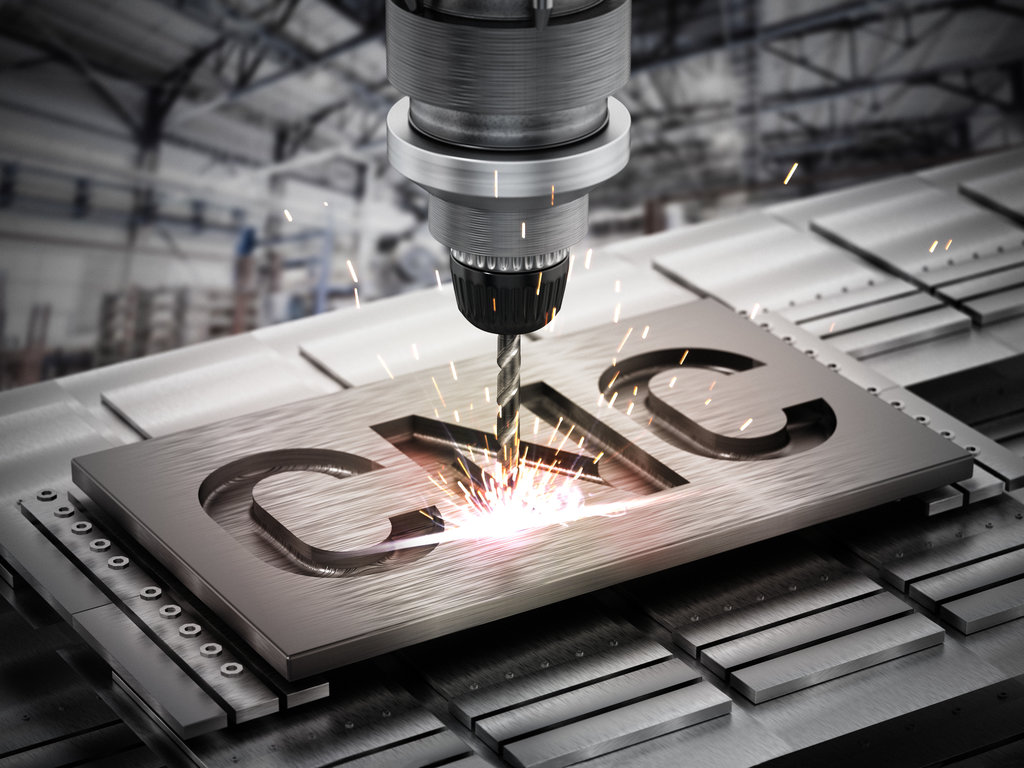Thanks to developments in CNC machining, a number of previously unattainable tasks are now feasible. One of the global sectors that are changing the most quickly is CNC machining. How does the business sector advance? Is it possible to increase the effectiveness, quickness, and accuracy of precise CNC machining? Here’s a sneak preview of the direction the sector is taking.
Future of CNC Machines
The future of CNC production is one of increased complexity. More product variations, various demand patterns, changing technology, and cost challenges all call for production resilience, which combines efficiency and adaptability. The following are the five crucial considerations for future used Mazak CNC manufacturing:
- The manufacturing industry is moving toward a high-mix, low-volume strategy.
- A greater amount of machining may be done at once with multipurpose CNC machines.
- Automation should be increased for the devices and procedures that support CNC machines.
- Full production control is made possible by software for scheduling and managing production resources.
- Sustainability, reshoring of production, and worker accessibility are examples of industry megatrends.
Profitability and Customer Value Challenges
To remain competitive in the market, producers must constantly provide more in terms of product features, quality, selection, price, delivery time, and service. Individual producers will need to create more effective manufacturing techniques due to high-mix, low-volume production. Through the use of modern machining applications, manufacturers are progressively acquiring a competitive advantage.
Multi-CNC Machine Synchronization
The most common application of a standalone machine is in making production prototypes. The future of CNC machining is multi-CNC synchronisation, which will greatly improve prototype productivity and capacities in the product manufacturing facility.
Specialization in Tools
Precision CNC machining facilities produce custom tools on-site to boost output and accuracy and reduce downtime while waiting for new or reconditioned tools to arrive from another location. A machine shop’s capabilities are substantially increased when it can design a specific tool for a particular application.
More Automated
More robots and cranes will be employed to transport pallets and workpieces between locations. To prevent production bottlenecks that can be brought on, for instance, by the longer spindle hours, robust processes and higher-level manufacturing operations planning are necessary as part of the automation process. On this website, you can learn more about the significant advantages of machines. Automation generally has all to give.
Optimizing Materials for Particular Applications
Making sure you choose the appropriate material or materials for your product is only half of the production process. To ensure the success of a contract manufacturing or prototype-to-production manufacturing project, a manufacturer must optimise production methods for a particular material. Since production nearly always takes place in networks, factories are becoming more connected, making openness and data sharing crucial.
Using manufacturing operations management software, you can be informed when the components you need for your assembly arrive in a hyper-connected plant and be confident that the relevant quality features and checks are being satisfied without having to ask or check independently.
Value extraction from novel technology is a never-ending process. With additive manufacturing, various forms and degrees of automation, automated vehicles, networking choices, and more advanced software, the manufacturing industry is changing quickly. How can we seize these chances and maximise them at the appropriate moment? What is the ideal application for AGVs, for example? It is essential to have a partner with product development and automation expertise.
Follow Techiemag for more!
